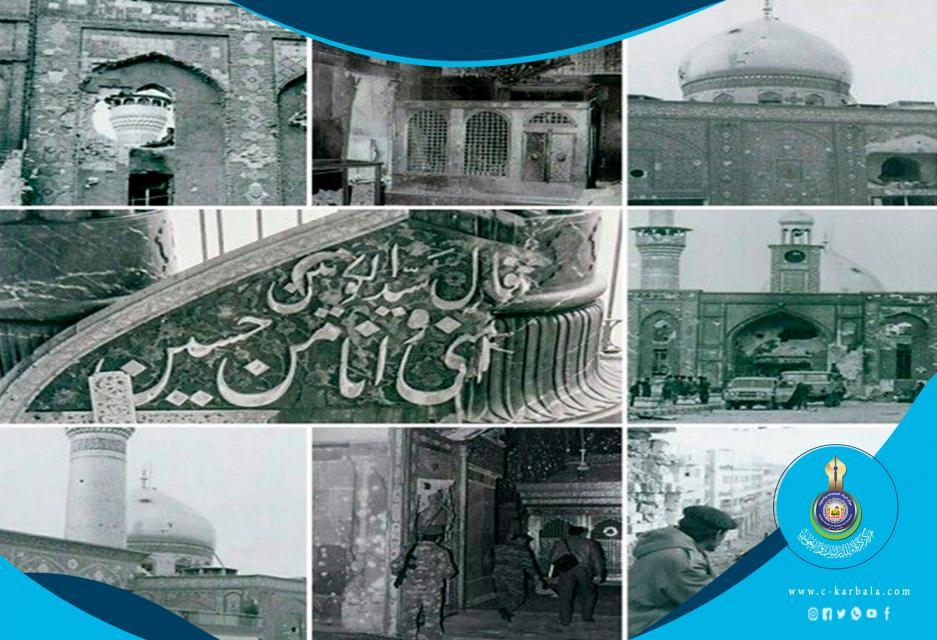Copyright June 1992 by Human Rights Watch
All rights reserved.
Printed in the United States of America.
Library of Congress Card Catalog Number: 92-72351
ISBN 1-56432-069-3
The Shi'a holy cities of Karbala and al-Najaf, from which many of these Iraqis fled, are today under tight military control and largely closed to independent observers who could monitor rights conditions. Religious life is sharply restricted. Many Shi'a institutions were destroyed or badly damaged during the suppression of the uprising, or subsequently demolished on the pretext of "modernizing" the cities. Hundreds of clerics and their aides were arrested after the uprisings and have not been released. Religious activities at the remaining institutions have been curtailed by the state.
Of all the Iraqis who have not returned to their cities since the uprising, the greatest number come from Kirkuk, a major oil-rich city that has been the subject of contention between Baghdad and the Kurds. There have been alarming reports that the homes of Kurds who fled the city following the uprising have been demolished or given to Arab families, as part of a long-standing government policy of promoting the settlement of Arabs in Kirkuk while reducing its Kurdish population. The extent of these measures has been difficult to confirm, partly because the government has kept the city under particularly tight control. Today, Kirkuk is the only city in Iraq for which Baghdad has refused a standing U.N. request to establish a humanitarian office, and few outsiders have been given the sort of access that would enable them to assess developments there.
In the remote marshes along the southern border with Iran, thousands of Shi'a who fled during the uprising lack adequate food, hygiene and medical care and are at risk of Iraqi military operations in the area. Their numbers include active rebels, army deserters and displaced persons afraid to go home. Iraqi troops have attempted to surround and impose a blockade on areas where there has been rebel activity. There were credible reports of intensified military activity in the area as recently as late April; Shi'a opposition sources have charged that past army attacks in the marshes, including a campaign during December and January, involved indiscriminate fire from helicopter gunships and heavy artillery, summary executions, and arrests of indigenous marsh dwellers suspected of assisting the rebels. Little is known with certainty about the numbers or magnitude of the military operations, due in part to Iraq's refusal to allow independent observers meaningful access to the area. There has been almost no international pressure for such access; unlike the Kurds, the indigenous and displaced population in the marshes has been virtually ignored by the world community.

